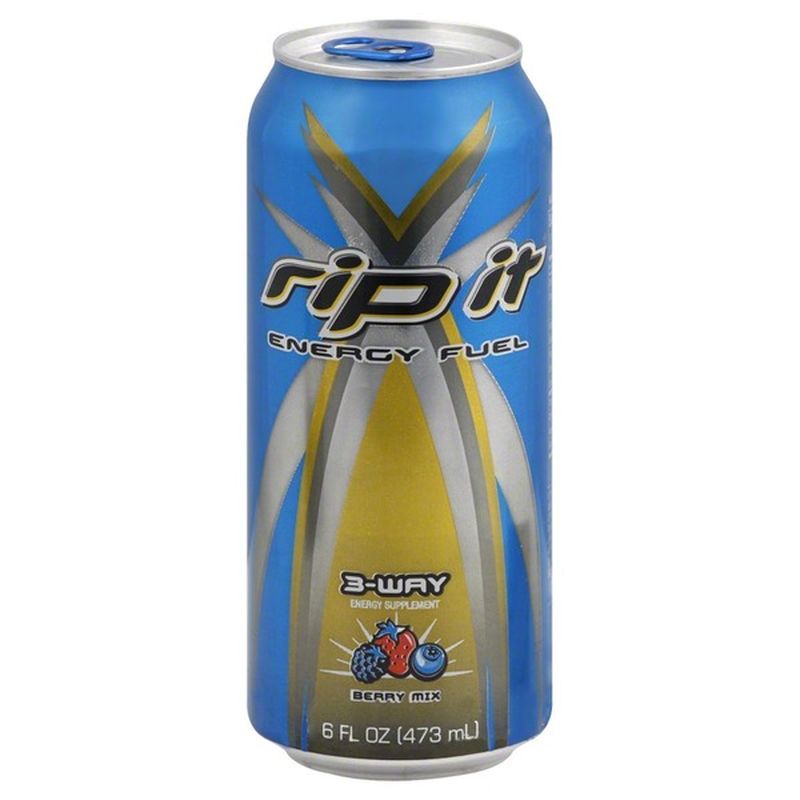
Some additives (e.g., guaraná, kola nut, yerba maté, cocoa) may also increase overall caffeine content unbeknownst to the consumer, because in some countries, manufacturers are not required to list that which is attributable to herbal supplements in the nutritional information. 6 In addition, such products often contain numerous other substances, such as taurine, l-carnitine, glucuronolactone, B-vitamins, ginseng, and guaraná. 5 Considering that the consumption of such products has been associated with a number of very serious health complaints, 6 it is considered necessary to develop a better understanding of their effects in the interests of public health.Ĭoncern has been expressed due to the caffeine content of energy drinks (reportedly sometimes as high as 505 mg per serving 4) having the potential to cause intoxication.

The energy drinks industry has since grown exponentially, becoming a multibillion dollar market. 3 Although highly caffeinated soft drinks appeared in Europe and Asia in the 1960s, 4 energy drinks as we know them initially became available to the public with the introduction of Red Bull ® to Austria in 1987, and subsequently to North America in 1997. 2 They should not be confused with sports drinks, which are instead marketed to rehydrate and replace electrolytes lost through exercise.

For this reason, longitudinal and intervention studies are required to increase our understanding of the nature of the relationships observed.Į nergy drinks (sometimes referred to as “stimulant drinks” 1) are caffeinated soft drinks that claim to boost performance and endurance. In most cases, it was therefore not possible to determine causation or direction of effect. Results: Though a number of null findings (and one negative relationship) were observed, the majority of studies examined reported positive associations between energy drink consumption and symptoms of mental health problems.Ĭonclusions: Though the findings imply that energy drink use may increase the risk of undesirable mental health outcomes, the majority of research examined utilized cross-sectional designs. Fifty-six articles were retrieved: 20 of these (along with eight more identified through other means) were included in the current review, and, because the majority addressed aspects of stress, anxiety, and depression, particular focus was placed on these outcomes. Case reports were also considered, though empirical studies investigating acute mood effects were excluded as a review of such articles had recently been published. Methods: To review the relevant literature, PubMed and PsycINFO were searched for all peer-reviewed articles published in English that addressed associations between energy drink use and mental health outcomes. Although a certain amount of evidence has accumulated to substantiate some of these claims, the chronic effects of energy drinks on mental health also need to be addressed.

The products are frequently marketed with declarations of increasing mental and physical energy, providing a short-term boost to mood and performance. Background: Concerns have been expressed regarding the potential for caffeinated energy drinks to negatively affect mental health, and particularly so in young consumers at whom they are often targeted.


 0 kommentar(er)
0 kommentar(er)
